7 PTSD Questions
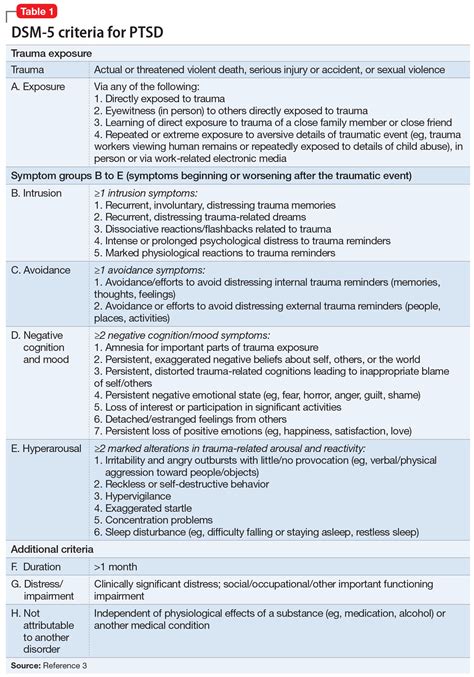
Understanding PTSD: A Comprehensive Overview

Post-Traumatic Stress Disorder, commonly referred to as PTSD, is a mental health condition that can develop after an individual experiences or witnesses a traumatic event. This condition can manifest in various ways, affecting not only the individual but also their loved ones. The journey to understanding and managing PTSD involves addressing numerous questions and misconceptions surrounding this complex disorder.
What is PTSD?
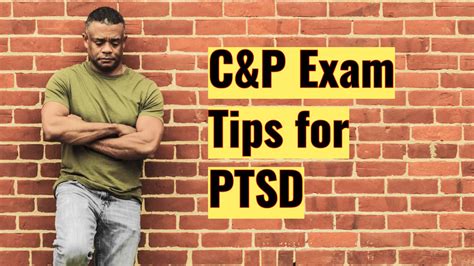
PTSD is characterized by symptoms that can interfere with an individual’s daily life, including flashbacks, severe anxiety, and uncontrollable thoughts about the trauma. These symptoms can be intense and may last for months or even years after the traumatic event. The condition is not a sign of weakness but rather a treatable medical condition that requires professional help.
Causes and Risk Factors of PTSD
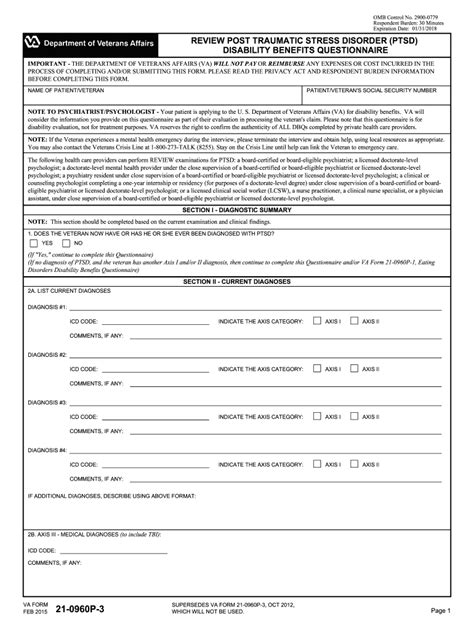
The causes of PTSD are multifaceted and can include experiencing or witnessing traumatic events such as combat, natural disasters, car accidents, or physical and sexual abuse. The risk of developing PTSD can be influenced by factors such as the severity of the trauma, the presence of other mental health conditions, lack of social support, and a history of previous trauma.
Symptoms of PTSD
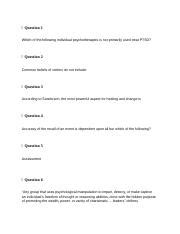
Symptoms of PTSD can vary from person to person but generally include: - Intrusive thoughts: Recurring memories or flashbacks of the traumatic event. - Avoidance behaviors: Avoiding people, places, or things that remind the individual of the trauma. - Negative thoughts and feelings: Persistent feelings of guilt, shame, or hopelessness. - Arousal and reactivity symptoms: Difficulty sleeping, irritability, or being easily startled.
Diagnosing PTSD
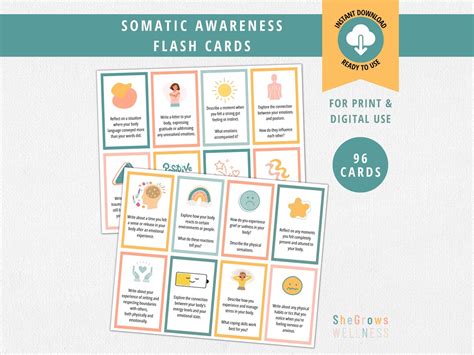
Diagnosing PTSD involves a comprehensive evaluation by a mental health professional, typically a psychologist or psychiatrist. This evaluation assesses the individual’s symptoms and their impact on daily functioning. The diagnostic criteria for PTSD, as outlined in the Diagnostic and Statistical Manual of Mental Disorders (DSM-5), include the presence of symptoms for at least a month and significant distress or impairment in social, occupational, or other areas of functioning.
Treatment Options for PTSD
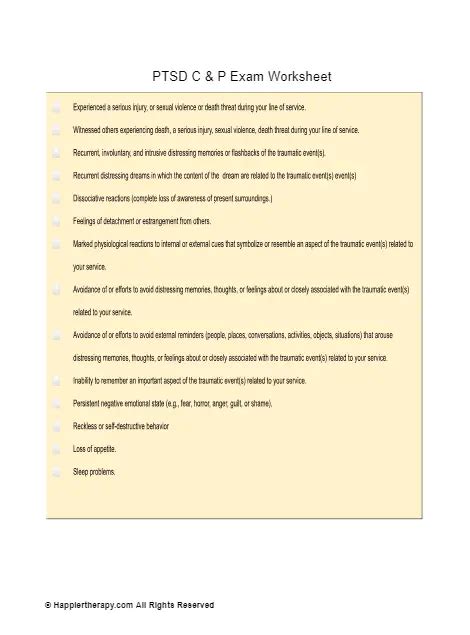
Treatment for PTSD often involves a combination of psychotherapy and medication. Cognitive-behavioral therapy (CBT) and exposure therapy are common forms of psychotherapy used to treat PTSD. These therapies help individuals process their trauma and manage symptoms. Medications, such as antidepressants, can help reduce symptoms of depression and anxiety associated with PTSD.
Living with PTSD
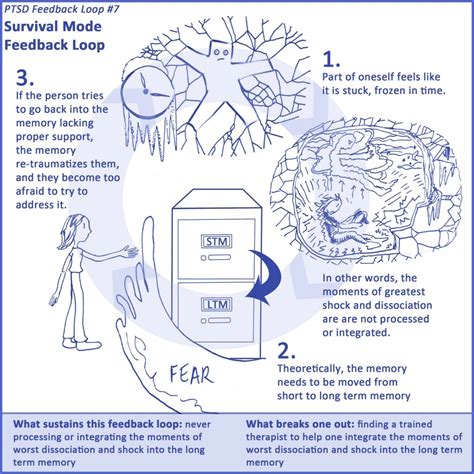
Living with PTSD requires a long-term commitment to management and treatment. This can involve learning coping strategies, engaging in self-care activities, and maintaining a strong support network of family, friends, and mental health professionals. It’s also important for individuals with PTSD to educate themselves and their loved ones about the condition to foster understanding and support.
PTSD in Different Populations
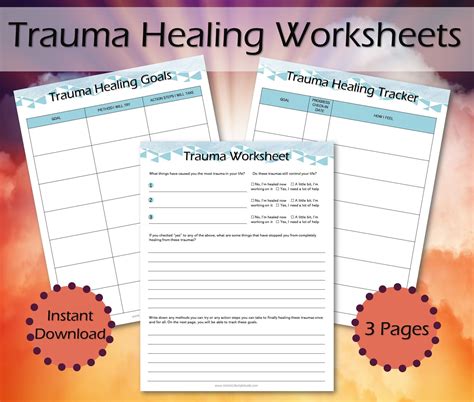
PTSD can affect anyone, regardless of age, gender, or background. However, certain populations may be at a higher risk due to their increased exposure to traumatic events. This includes veterans, first responders, and individuals living in areas of conflict or high crime rates. Understanding the specific challenges faced by these groups can help in tailoring support and treatment services.
Future Directions in PTSD Research
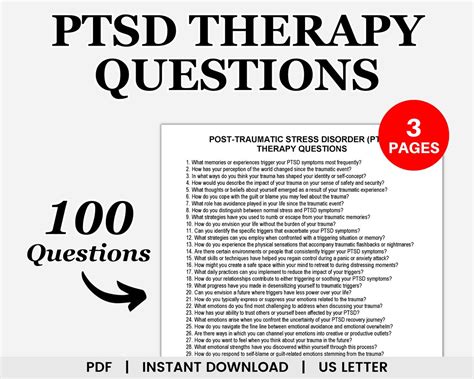
Research into PTSD is ongoing, with a focus on improving diagnosis, treatment, and prevention. Advances in neuroimaging and genetics are helping to better understand the biological basis of PTSD, which could lead to more targeted and effective treatments. Additionally, there is a growing interest in alternative therapies, such as mindfulness and eye movement desensitization and reprocessing (EMDR), which have shown promise in reducing PTSD symptoms.
🔍 Note: While this overview provides a foundation for understanding PTSD, it's crucial for individuals experiencing symptoms to consult with a mental health professional for personalized advice and treatment.
In reflection, PTSD is a complex condition that affects individuals in profound ways. Through education, support, and treatment, it is possible for individuals with PTSD to manage their symptoms and improve their quality of life. The journey towards healing and recovery is unique to each individual and requires patience, understanding, and a commitment to seeking help.
What are the most common symptoms of PTSD?

+
The most common symptoms of PTSD include intrusive thoughts, avoidance behaviors, negative thoughts and feelings, and arousal and reactivity symptoms. These can vary from person to person and may change over time.
Can PTSD be treated?
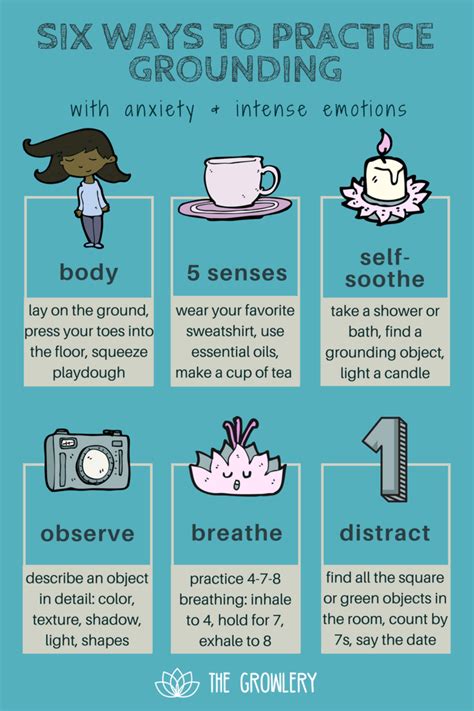
+
Yes, PTSD can be treated. Treatment often involves a combination of psychotherapy and medication, tailored to the individual’s specific needs and circumstances.
How can I support someone with PTSD?
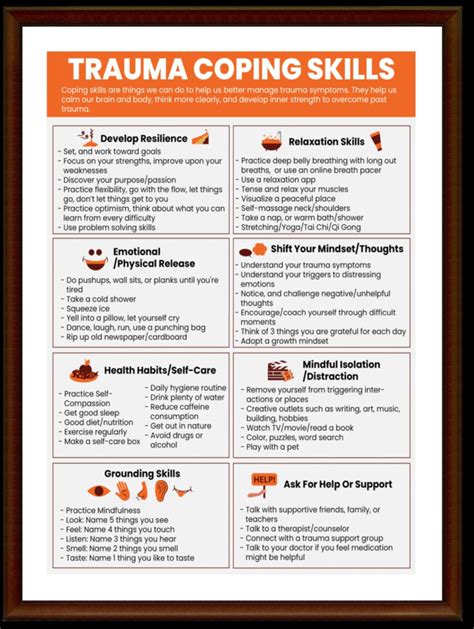
+
Supporting someone with PTSD involves being understanding, patient, and informed about the condition. Encourage them to seek professional help, offer emotional support, and help them stay connected with friends and family.
Is PTSD only experienced by veterans?
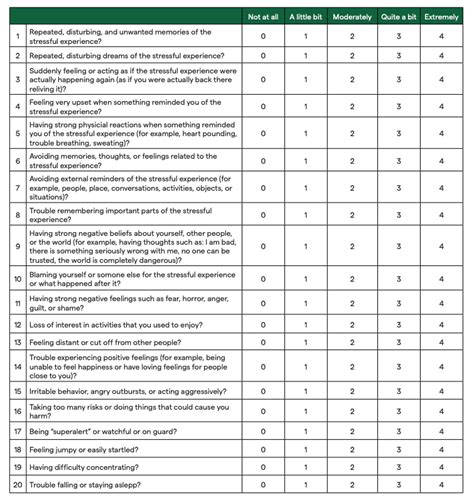
+
No, PTSD is not exclusive to veterans. While veterans are at a higher risk due to their potential exposure to combat, anyone who experiences or witnesses a traumatic event can develop PTSD.
Can children develop PTSD?

+
Yes, children can develop PTSD. Children who experience or witness traumatic events, such as abuse, neglect, or natural disasters, are at risk of developing PTSD. Symptoms in children may manifest differently than in adults and require specialized care.